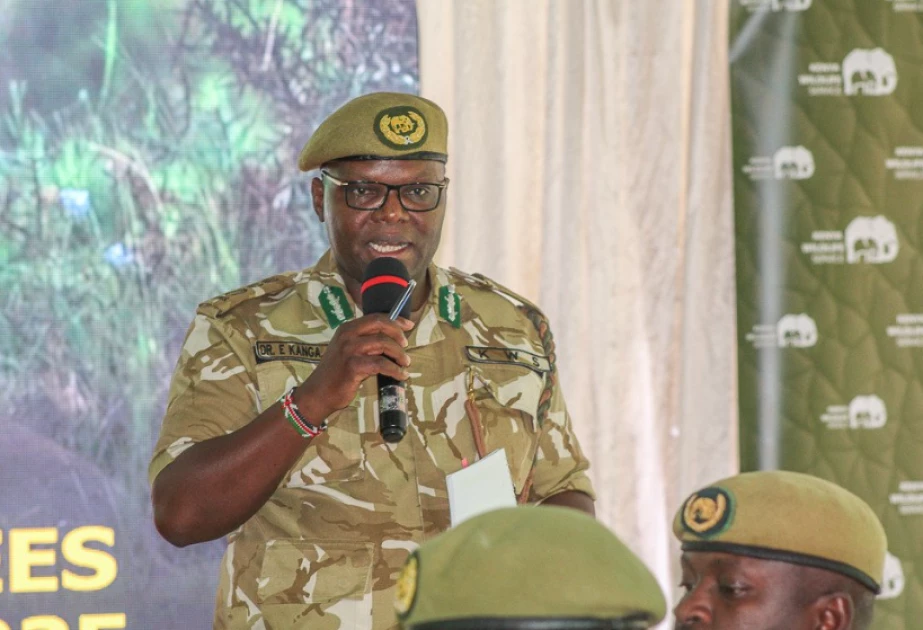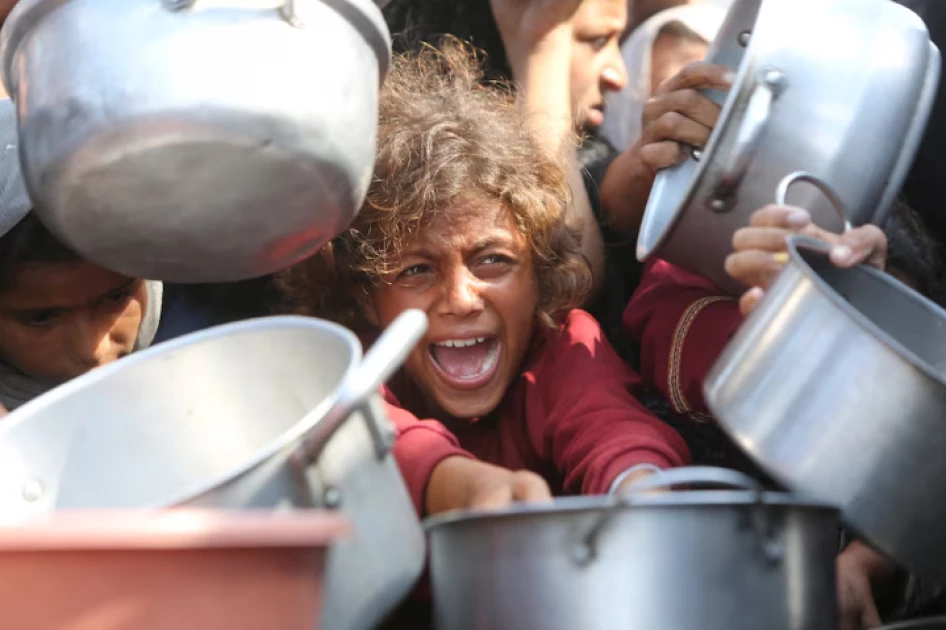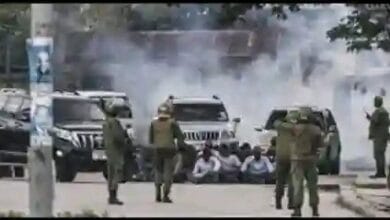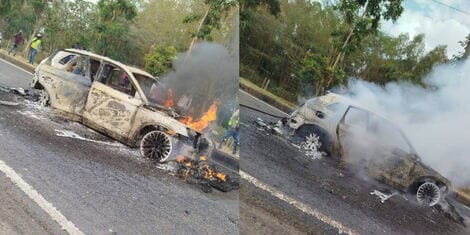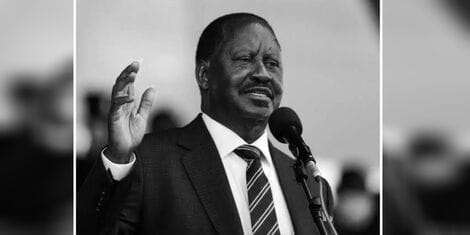
The nation of Kenya is in mourning following the death of former Prime Minister and veteran opposition leader, Raila Odinga. He was 80 years old.
The Orange Democratic Movement (ODM) party leader died on Wednesday morning in the Indian city of Kochi, where he was receiving Ayurvedic treatment. His passing was first reported by Indian media outlets Mathrubhumi and The Hindu.
According to reports, Odinga suffered a cardiac arrest during a morning walk at the Sreedhareeyam Ayurvedic Eye Hospital and Research Centre. A spokesman for the facility detailed that the former Prime Minister experienced breathing difficulties and collapsed at approximately 7:45 AM local time. He was rushed to a nearby private hospital, but his condition deteriorated. He was pronounced dead at 9:52 AM.
Odinga was not alone during the incident. Indian police confirmed he was on his walk accompanied by his sister, his daughter, a personal doctor, and security details from both India and Kenya.
The news sends shockwaves through Kenya and the African political landscape, coming just as his party, ODM, was preparing to celebrate its 20th anniversary with events in Mombasa.
His death follows weeks of intense speculation and rumour regarding his health. Last month, his absence from public events fueled concerns, which were addressed directly by his family in an attempt to quell the rumours.
As recently as last Saturday, his elder brother, Siaya Senator Oburu Oginga, assured the public that Odinga was “recuperating and resting” in India and was not in critical condition. “I want to tell you that he is out and about, and he is just like any other human being who was indisposed a little,” the senator told journalists in Ugunja.
A day before that, Odinga’s wife, Ida Odinga, had also dismissed the health rumours, stating that her husband was well and had simply travelled abroad to take a break from the political spotlight. She questioned how those not close to him could know his health status better than his own family.
Raila Odinga was a towering and defining figure in Kenyan politics for decades. Born on January 7, 1945, he was the son of Kenya’s first Vice President, Jaramogi Oginga Odinga. His political journey was marked by both immense influence and profound struggle. He was arrested and charged with treason for his alleged role in the 1982 coup attempt and was subsequently imprisoned for nearly a decade.
He served as the Member of Parliament for Langata from 1992 to 2013 and ascended to the Prime Minister’s office from 2008 to 2013 in a power-sharing agreement following the contentious 2007 presidential election. A perennial presidential contender, Odinga ran for the nation’s top office five times, most recently in 2022, often alleging electoral fraud in his defeats.
The passing of “Agwambo,” as he was popularly known, marks the end of an era for Kenya, leaving a significant void in the country’s political arena. Tributes and condolences are expected to pour in from across the nation and the globe as citizens come to terms with the loss of one of its most prominent and consequential leaders.
